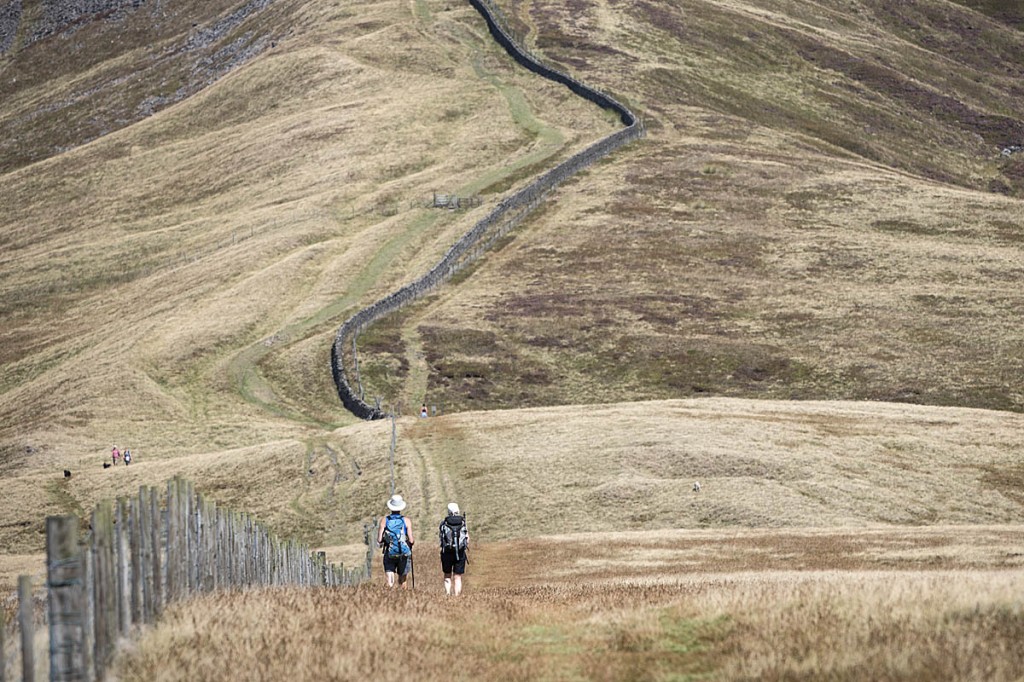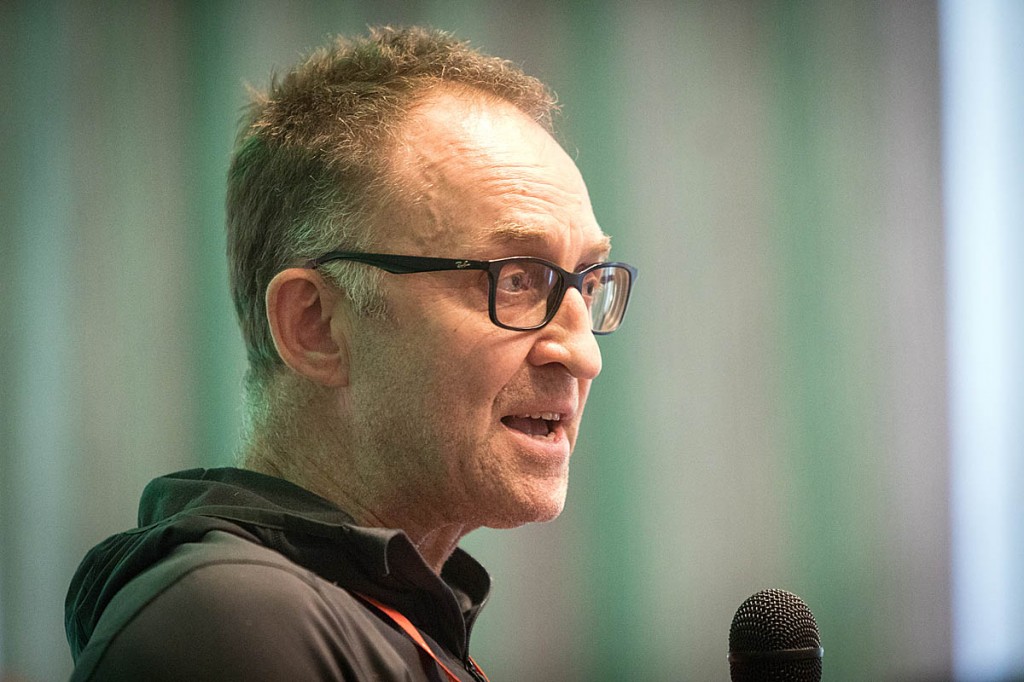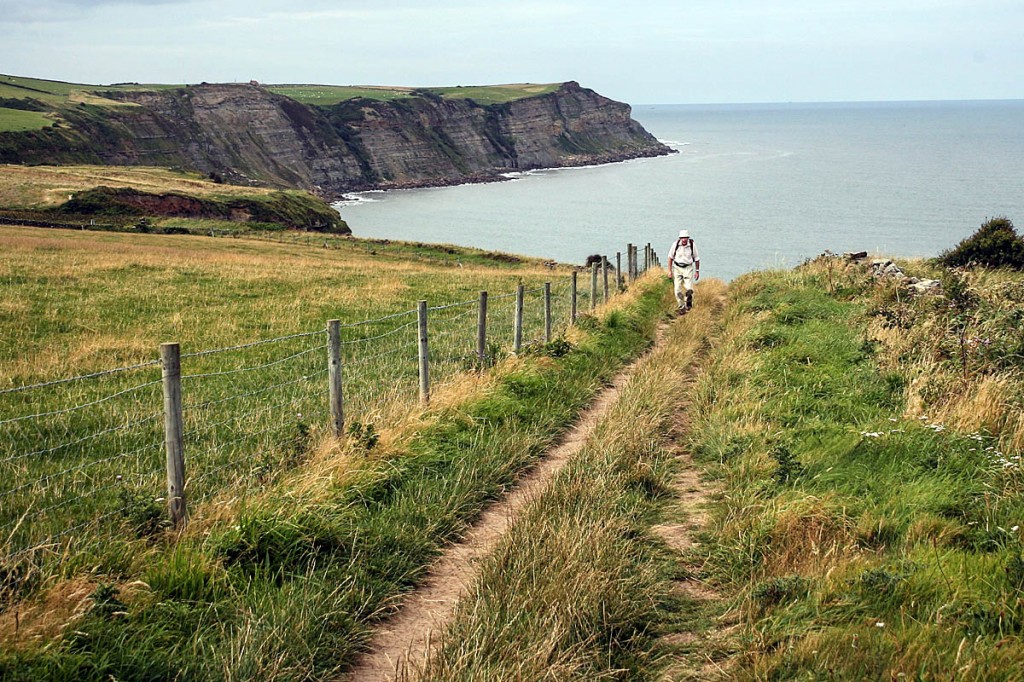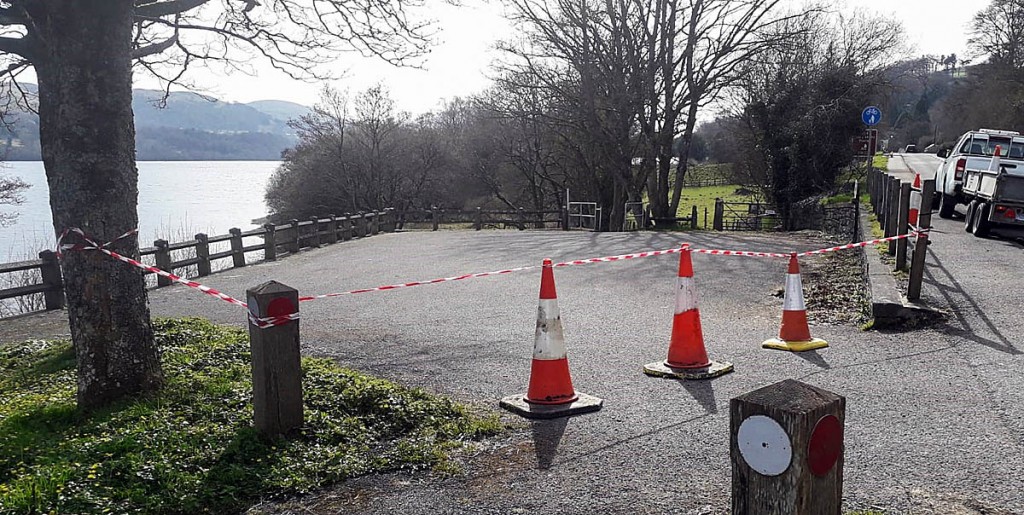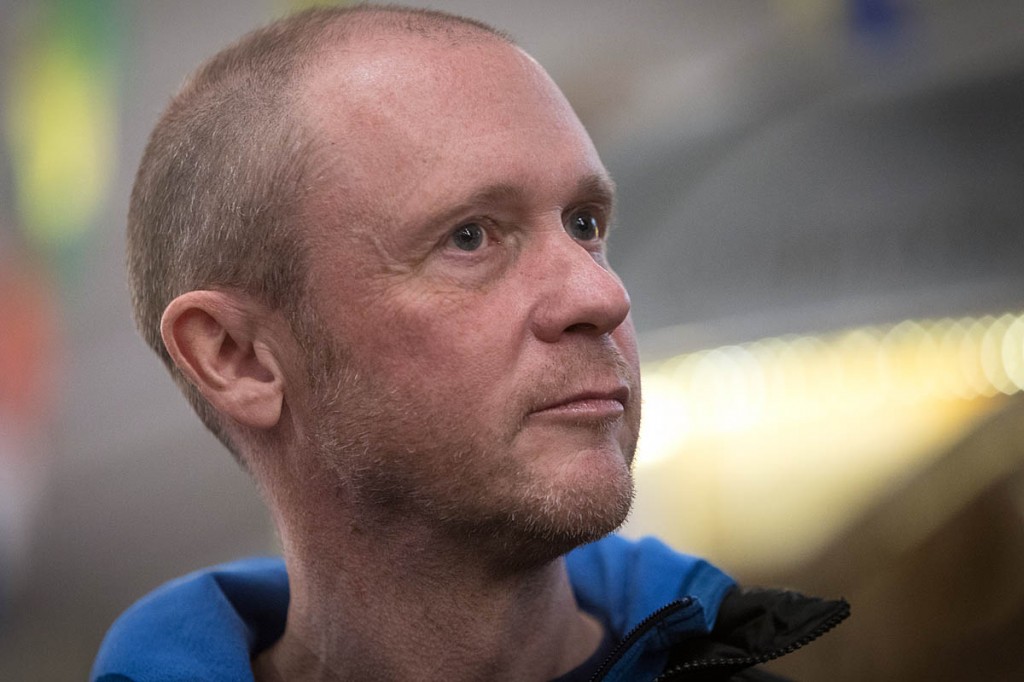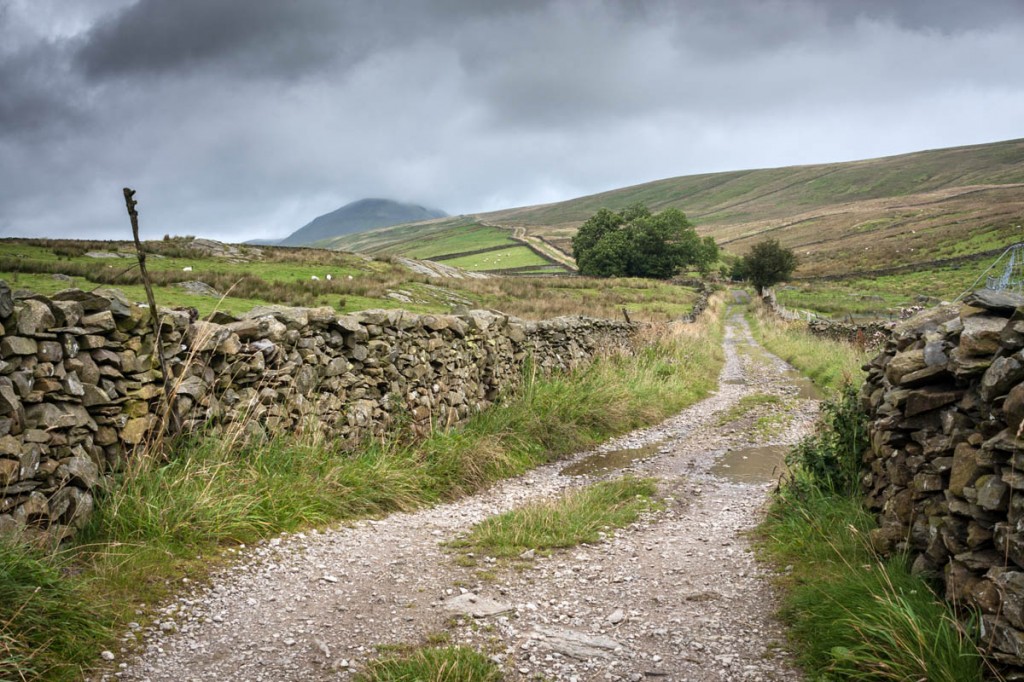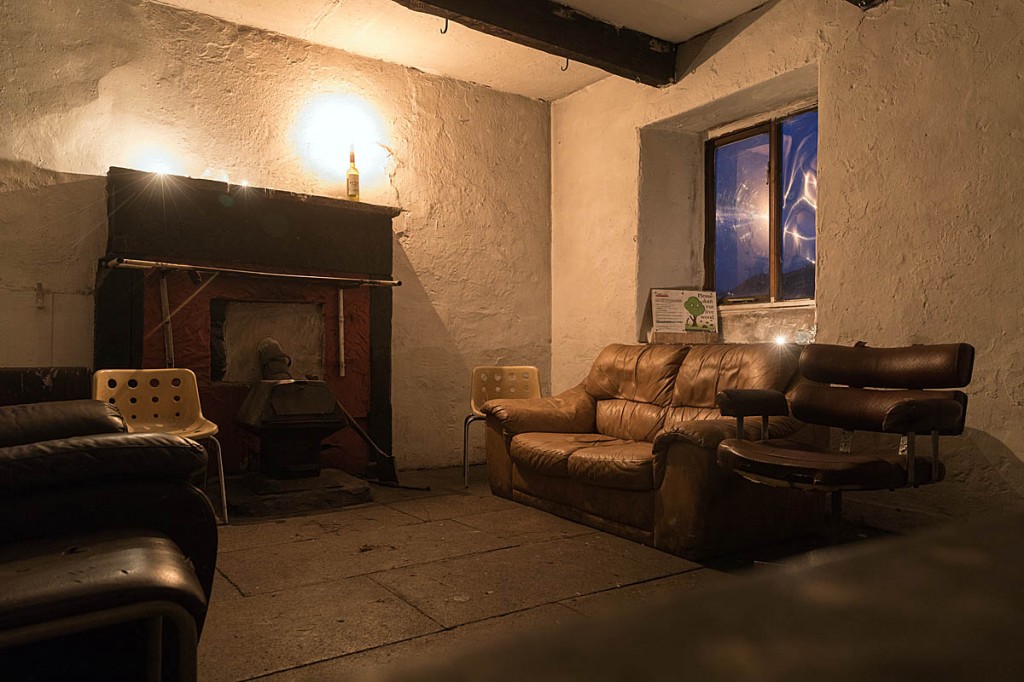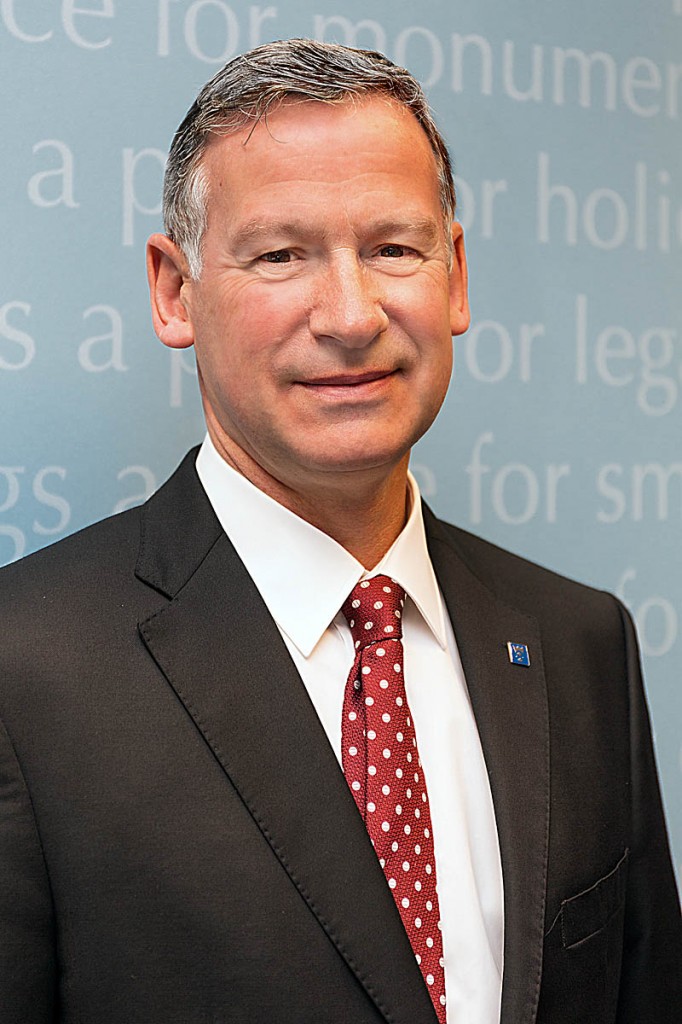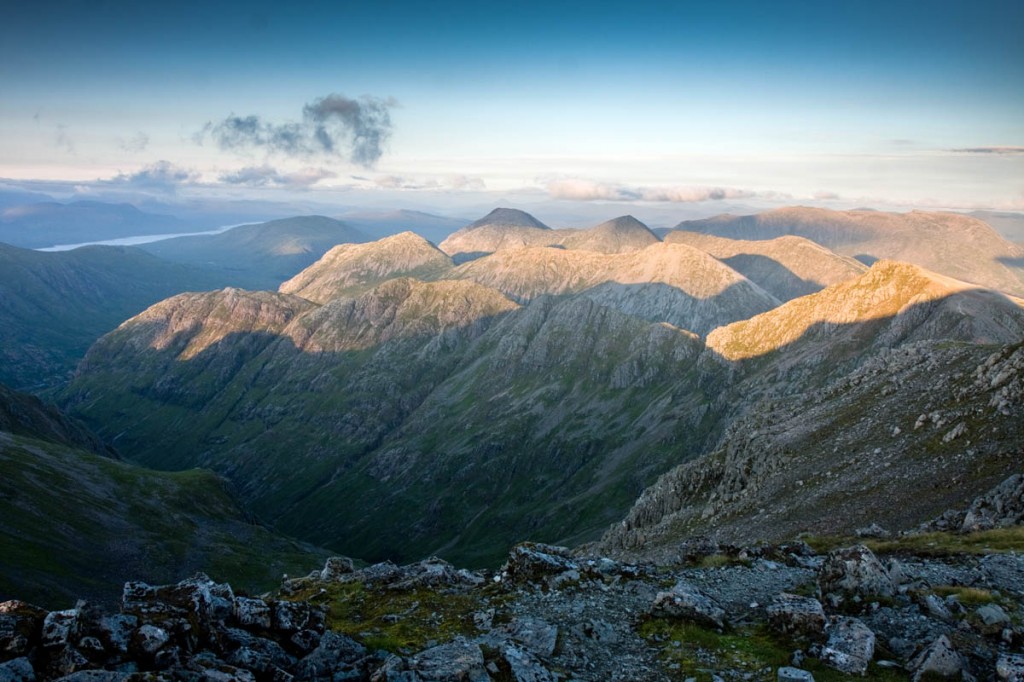The British Mountaineering Council has said hillwalking and climbing should be put on hold during the present coronavirus crisis.
And the Ramblers said people should only go for local walks that don’t involve car travel or public transport.
The unprecedented advice follows a weekend where huge crowds gathered at countryside honeypots in contravention of UK Government guidelines on social distancing.
Dave Turnbull, the BMC’s chief executive, said: “We never thought we’d be telling our members not to go climbing or hillwalking, but that’s our current advice.
“It’s time to put it on hold.”
Elfyn Jones, BMC access officer and member of Llanberis Mountain Rescue Team said: “There’s been a lot of talk about justifying why we can still climb or hill-walk safely within our capabilities and that, somehow, we can do this without affecting anyone else or impacting spread of the virus. The simple fact is: we can’t. Please stop.”
“Stay in your home area. We all owe it to everyone else to do everything we can to help stop or at least delay the spread of this disaster. Please put climbing, mountaineering and hillwalking on hold until it’s safe to do so.”
The BMC said mountain rescue cover across the UK will either be withdrawn totally or drastically reduced this week as health service resources are prioritised and popular mountain areas are closed down.
British Mountain Guide and anaesthetist Jon Morgan said: “Do everything in your power to minimise both risk and social contact.
“Be scrupulous about hand hygiene and spread the word. Your own personal actions may save the life of a relative or someone you know. I am writing this as an anaesthetist who will be keeping people alive with ventilators.
“All the signals are we will be overwhelmed like Italy. Please help out by taking this as seriously as possible.”
The BMC’s advice for climbers and hillwalkers is not to travel unless it’s essential; don’t go climbing or hillwalking; stay local; keep a social distance of 2m, and avoid all but essential contact with anyone.
Outdoor Industries Association chief executive Andrew Denton said: “Carefully managed local exercise, inside or outside, will provide welcome active release for individuals and families feeling trapped.
“Getting into the outdoors sensibly very close to our own homes now, will make it easier for all of us to sustain other official guidelines and preserve the health of the vulnerable in the longer term.”
The Ramblers have already suspended all group walks and social activities until at least 31 May.
The walkers’ charity said: “We encourage everyone to only walk locally to where you live.
“This means only walking in places that you can access without the use of a car or public transport. Avoid busy places including popular parks, beauty spots or beaches.
“Ideally walk on your own or with people from your household, unless you are in a household with Covid-19 symptoms when you should self-isolate at home. Those aged 70 or older and those with pre-existing health conditions that put them at increased risk of contracting Covid-19 should also self-isolate at home.
“Do not walk anywhere that you could get in to trouble and require the emergency services.
“Avoid touching gates, fences etc. If you do, clean your hands with anti-bac and wash your hands as soon as possible. Upon returning home, wash your hands.”
The Maritime and Coastguard Agency said: “We know how much everyone loves the coast. We do too. But while we can’t ask you to stay away, we’d really like to ask you to look at the latest Covid-19 advice and think about it before you go out.
“When you’re at the coast, we’re always on call in case things go wrong and we will always respond. Last weekend, we saw a rise in incident numbers and callouts and we responded to each and every one.
“But the more people who come to the coast, the more likely it is our teams will be called out and the more risk there is of exposing them not only to coronavirus but placing our teams in danger.
“The UK’s coastline offers fresh air, scenery and escapism amid the ongoing and developing outbreak, but it is essential to follow government guidance at all times and practise safe social distancing, and – where possible, stay safe at home.
“As a frontline emergency service, it is our priority to keep you safe but that is much easier for us to do when people take less risks and enjoy themselves responsibly.
“During these difficult moments, the operational capability of HM Coastguard is continually being reviewed and assessed on a day-to-day, case-by-case basis – so, it is really essential that you are aware of our safety guidance.”
James Instance, Coastguard controller at the Falmouth Coastguard Operations Centre, said: “HM Coastguard remain able and prepared to help anyone who needs our assistance.
“However, to best support our emergency services and particularly the health service we advise people to pay attention to their safety and to not take unnecessary risks.
“While we realise it is important that people exercise and will want to go to the coast to help their mental health, you need to take extra care when walking on beaches and along coastal paths. If you are going to use the water, do not take risks and go with a friend who can raise the alarm if you get into difficulty. And, as ever, call 999 and ask for the Coastguard should you get into trouble.”
Snowdonia National Park Authority said it was closing its main car parks and is also exploring options to close down the most popular mountains and sites if the situation continues.
There will be no parking available for access to the most popular sites in Snowdonia including Snowdon, Ogwen, Cadair Idris, Llyn Tegid (Bala Lake), the two Aran, Carneddau and Glyderau and the Nantlle Ridge. “Therefore, we urge visitors planning on coming to climb Snowdon or any other popular peaks and sites to stay at home and exercise in their local area,” an authority spokesperson said.
Emyr Williams, chief executive of Snowdonia National Park said: “Today we will be shutting down our main car parks in co-operation with the police and local authorities. We are doing this with the full support of the Welsh Government in order to protect rural communities and health services in the North Wales area.
“This includes working with them to look at shutting down crowded sites and mountains if visitor numbers make it impossible to maintain effective social distancing.
“The crowds we saw on Snowdon and around key sites in Snowdonia over the weekend were alarming as it became evident people were not heeding the Government’s advice to avoid non-essential journeys and to maintain safe social distancing, therefore we must act quickly to ensure that this issue is addressed.
“Yesterday we called on the Government to tighten measures and guidance to ensure that people are not travelling to the countryside to self-isolate. Today we are taking action. Our priority in these challenging times must be to protect our rural communities and the vital and over-stretched health and emergency services.”
The authority said guidelines have been updated this morning by the Government for those travelling in the UK. These guidelines are clear in that in this period you should not be planning to come to Snowdonia, whilst such guidelines are in place, it added.
The UK Government guidelines issued on Monday said: essential travel does not include visits to second homes, campsites, caravan parks or similar, whether for isolation purposes or holidays.
People should remain in their primary residence. Not taking these steps puts additional pressure on communities and services that are already at risk.
The Lake District National Park Authority also urged people not to visit the area, to protect the NHS and save lives. Its chief executive Richard Leafe said: “The Government has made it very clear that all non-essential travel shouldn’t happen, so we are asking people not to come to the Lake District on the basis of that advice.
“Please remember the limited resources that support our local communities, businesses, farmers, police and rescue services are all under pressure at the moment.
“These are unprecedented times, and I never thought I’d encourage people to stay away from the Lake District. However, our footpaths often go through the homes of farmers and their families, our hotels and attractions are closing and our rescue services must be available to support this public health crisis.
“Right now, we need to do all we can to limit the spread of the coronavirus and this means people staying at home, protecting the NHS and saving hundreds of Cumbrian lives.
“We will continue to work with the police, local councils and other partners to look after our staff and volunteers and everyone who calls the Lake District home. We look forward to a time when we will, once again, return to some sense of normality and welcome visitors back to this special place.”
The Lake District authority has also closed all its visitor centres and attractions; closed its car parks, except for local and emergency use; suspended rights of way maintenance and stopped the felltop assessor service, which involves its three experts making daily ascents of Helvellyn.
It said it was also putting up signs to remind people to respect farmers’ and landowners’ properties during social distancing and isolation periods.
The Lake District Search and Mountain Rescue Association, the umbrella body for the 12 volunteer teams in Cumbria, said they are deeply concerned about the increased volume of people who are continuing to travel to the area and put local people, team members and other emergency services workers at increased risk of Covid19. “We therefore echo the comments of the assistant chief constable of Cumbria police,” a spokesperson said. “Please stay away.
“We are a dedicated group of over 400 volunteers who have been through some tough rescues and major incidents in our time together. We’ve always been there for you. However, we find ourselves in a unique situation and needing to focus on our families and our work right now.
“We must also fully support our NHS colleagues who are under pressure already – many of whom are team members in the Lakes.’
“We accept that some of you may consider this to be an over-reaction. It is not. For over 60 years we have supported you to enjoy the mountains in every weather. For the foreseeable future we simply need you to return the favour. Please do not come to the mountains. Spread the word as far as you can.”
The Yorkshire Dales National Park Authority’s chief executive David Butterworth also appealed to members of the public to stay away from the area.
He said: “Last weekend proved extremely difficult. There were many parts of the national park where the government’s medical advice regarding social isolation was blatantly ignored, and this seemed to be a pattern of behaviour replicated in many areas of the country.
“We fully recognise the importance of the outdoors with regard to the nation’s health and wellbeing, but at this stage of the pandemic, our advice is that people should stay home, within their own communities, and not to make unnecessary journeys to the national park. This will help protect the NHS and ultimately save lives.”
In the Highlands, Dundonnell Mountain Rescue Team said it fully endorsed the latest advice from the Scottish Government that all non-essential travel should be suspended during the current health crisis.
A spokesperson for the team said: “Sadly, this must include travel to our mountains. As outdoor people ourselves, we in the team fully appreciate how frustrating this may be but on this occasion the bigger picture needs to be taken into consideration.
“Over the weekend, our colleagues in Scottish Mountain Rescue responded to a total of 16 callouts. It’s worth emphasising that a mountain rescue callout is a multi-agency effort, involving not only MR volunteers but also personnel from Police Scotland, HM Coastguard, Scottish Ambulance Service and NHS, all of whom are coping with a significantly increased workload at the present time.
“With this in mind, we ask that you delay your adventure plans until a later date.”
The Mountain Bothies Association, which cares for more than 100 rudimentary, free-to-use shelters in the hills of Scotland, England and Wales, announced on Monday that all its maintained bothies are closed to visitors until further notice.
The charity said it has also cancelled all meetings and work parties.
Hostelling Scotland said it was temporarily closing its youth hostels. All 33 hostels within its network were closing with immediate effect until further notice.
Its chief executive Margo Paterson said: “It is with great sadness that we have had to temporarily close our youth hostel network until further notice. However, the health, safety and wellbeing of our people and guests along with protecting the communities in which we all live and work is our utmost priority at this time.
“We really appreciate the hard work being carried out by all healthcare workers and those on the front line, looking after people and keeping us safe. Although our hostels are closing, we shall be talking with the NHS and other public services to see how best our hostels can support essential services.
“Thank you for your continued support of Hostelling Scotland. It gives heart and hope to hear messages of support and to know that so many people have plans to explore this beautiful country of ours and to stay in our youth hostels in the future.
“When we all start travelling again, we will be here for you and ready to provide the warm welcome you’ve come to expect from our organisation. Please stay well and look after one another.
“We look forward to welcoming you again very soon.”
The National Trust for Scotland said it was closing all its gardens and car parks, along with Culzean Country Park and Brodick Country Park, as well as the grounds of properties such as Crathes and Brodie Castles.
The charity also said it was closing all holiday let properties and cancelling bookings, to the end of April and to be revised further in coming weeks. It appealed to people not to travel to its island properties in order to protect communities.
The trust had previously announced that it would leave some gardens, grounds and parkland open for free access during the crisis.
It said the decision to go ahead with a blanket closure follows calls by the Scottish Government for people to suspend unnecessary travel, especially to more remote areas, and for the owners of all hotels, B&Bs and self-catering accommodation to close.
The decision was also influenced by a busy weekend at some properties where social distancing guidance was not being followed and the potential threat to the wellbeing to both visitors and the trust’s staff this was causing, it said.
Chief executive Simon Skinner said: “As I have said before, our absolute priority is to ensure the wellbeing of our visitors and workforce. It is this that has led us to today’s very difficult decision.
“To support non-essential travel instruction, we are closing all our remaining open properties, including gardens, grounds and country parks along with our car parks and holiday let properties. I am truly sorry for the disappointment and inconvenience this is causing but for the safety of our visitors, volunteers and staff this is the right course of action.
“We are already in touch with those affected to rearrange holidays and events.
“The Trust is also asking people not to travel to our island properties at this time, albeit that this is difficult due to ferry restrictions in any case. We were aware of the serious concerns of residents in places like Canna and Fair Isle, which are remote from healthcare provision and especially vulnerable. For their sakes, no-one should travel to island communities unless it is on essential business.
“While this is a very difficult time, the National Trust for Scotland is carrying on with its vital work of protecting and conserving Scotland’s irreplaceable heritage. We know that our heritage is important to individuals and families, contributing to our individual and national memories, wellbeing and identity.
“We will continue to care for the places that mean so much to us, and we hope that people will enjoy these when better days return. In the meantime, I want to offer my profound thanks to our members and to donors, and the public at large, who have pledged to continue supporting our ongoing work.”
Rescuers in Scotland said only seriously injured people, or those unable to walk will be rescued – and even that will be carried out with a bare minimum of team members.
Glencoe Mountain Rescue Team leader Andy Nelson said bluntly: “My first priority is Glencoe rescue team members’ safety. My second priority is to help stricken mountaineers.”
He said anyone uninjured, lost, or benighted will asked to wait until morning, or better visibility to extricate themselves. Even ‘walking wounded’ will be asked to consider extricating themselves from the mountain.
Mr Nelson said: “This is contradictory to everything we believe in, but I must look after team members in order for them to help casualties who really need it.”
The message was backed up by Damon Powell, chair of Scottish Mountain Rescue, who said: “We do not have PPE within teams for Covid-19 – quite rightly the NHS staff and others must be prioritised – and this is putting many team members in a genuine dilemma.
“They are all volunteers. Should they do what they always do and respond, putting loved ones at home at greater risk? Many team members will have people they live with who are classified as vulnerable, is it fair to take that risk? Also, many members of teams are self-employed and already facing hardship.
“Our NHS services in the mountain regions are already stretched; don’t add to their load. The mountains will be there next year and the year after, let’s make sure we all are.”
Mountaineering Scotland, which speaks for mountaineers and mountaineering in Scotland, has already urged its members to take their exercise locally as long as the government recommends that.
Chief executive Stuart Younie said: “It’s not just our own health we are risking, it’s the health of others, many of whom may be much more vulnerable.
“As responsible members of the outdoor community we should avoid travel and recreational mountain activities and consider our social responsibilities to ourselves, friends, families and those rural communities who are rightly concerned about the impact of visitors to their areas. It’s such a hard thing to say, to urge people NOT to go to the hills, but now really is the time to avoid unnecessary activities in the mountains.
“Remember, this is temporary, and we do ask that people put their own wishes aside for now and avoid unnecessary travel and contact with others.”
